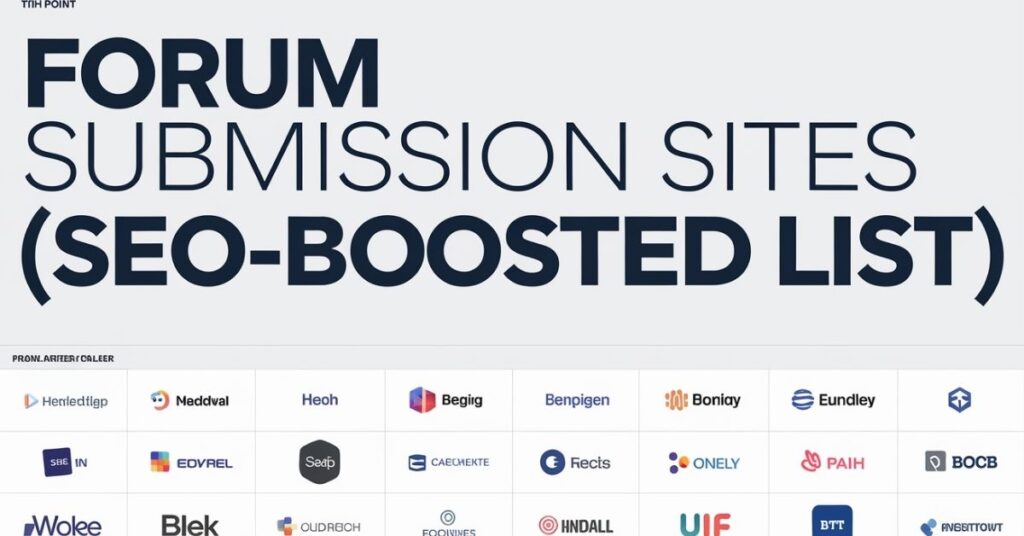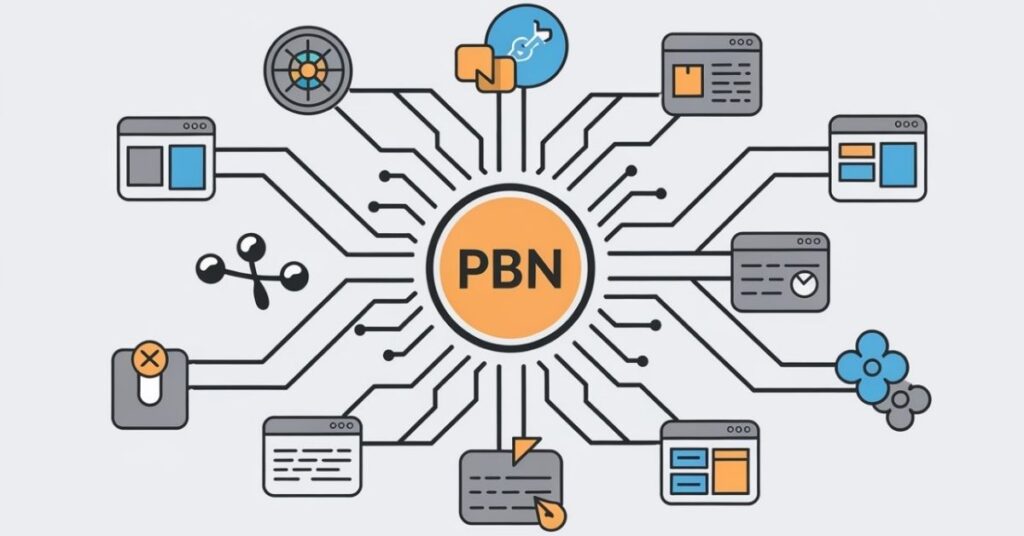Guest posting is a popular SEO method for building backlinks, driving traffic, and increasing brand exposure. When done correctly, it can help websites grow their authority and visibility in search engines. However, not all guest posts are created equally. Some are used primarily to manipulate search rankings, which violates Google’s guidelines.
This article explains how Google detects manipulative guest post links, the consequences of such actions, and how to ensure your guest posting strategies align with ethical SEO practices.
Understanding Manipulative Guest Post Links
Manipulative guest post links are backlinks placed in guest posts with the sole purpose of improving search engine rankings rather than providing value to readers. These links often appear in low-quality content or on irrelevant websites. The content may look unnatural, overly optimized, or generic.
Examples of manipulative guest post links include:
- Using exact-match keyword anchors in every post.
- Posting on websites that accept any content without editorial review.
- Publishing content unrelated to the host website’s topic just to get a backlink.
In contrast, natural link-building happens when valuable content earns links organically, or when guest posts are shared on relevant, authoritative sites with proper editorial standards.
Google’s Detection Mechanisms
Google uses a combination of algorithms and human review to detect link manipulation. Below are the two main approaches:
Algorithmic Detection
Google’s Penguin algorithm was first introduced in 2012 and focuses on identifying and penalizing sites using black-hat link-building tactics. Over time, Penguin has evolved to operate in real time, analyzing links for unnatural patterns.
Another advanced system is SpamBrain, an AI-based tool designed to detect spam, including link spam. SpamBrain can understand patterns in links, content, and site behavior, making it harder for manipulative guest posts to escape detection.
These tools help Google analyze millions of pages quickly, evaluating anchor text usage, link velocity, site quality, and topical relevance.
Manual Reviews
In addition to algorithms, Google employs human reviewers who conduct manual inspections of websites. When they identify suspicious activity, they may issue a “manual action” against the site.
Red flags that might trigger a manual review include:
- A sudden spike in guest post links.
- Consistent linking from unrelated or low-quality domains.
- Overuse of commercial anchor texts (like “buy shoes online”).
Webmasters are notified through Google Search Console if a manual action is taken.
Common Red Flags in Guest Posts
To avoid getting penalized, it’s important to understand what Google considers suspicious. Here are some common red flags:
Over-Optimized Anchor Text
Using the same keyword-rich anchor text repeatedly can alert Google’s systems. For example, if a site receives dozens of backlinks all using the exact phrase “cheap electric bikes,” it appears unnatural.
Instead, use a variety of anchor texts such as:
- Brand names
- Natural phrases (e.g., “click here,” “this site”)
- Long-tail variations
Low-Quality or Irrelevant Content
Google values content that provides genuine information to users. Guest posts filled with fluff or promotional language, written purely to gain backlinks, are a major red flag.
Examples of low-quality content:
- Articles that are too short (under 500 words)
- Content with poor grammar or copied text
- Posts that don’t match the host site’s topic or audience
Lack of Editorial Oversight
Websites that publish guest posts without review are at higher risk. If the content is accepted automatically or with minimal scrutiny, Google sees it as a paid or manipulative practice.
High-authority websites typically:
- Review submissions for quality
- Edit content for clarity and relevance
- Reject posts that don’t add value
Unnatural Link Patterns
Google looks at link velocity (how quickly links are built) and patterns across domains. If a site suddenly gains hundreds of backlinks from guest posts, it may seem unnatural.
Also, receiving links from sites that host too many “Write for Us” pages or that cover too many unrelated topics is a signal of low-quality link building.
Consequences of Manipulative Guest Posting
Failing to follow Google’s rules can have serious consequences for your website’s performance in search results.
Algorithmic Penalties
When Google’s algorithms detect manipulative behavior, they may simply ignore or devalue those links. While this may not cause a manual penalty, it still results in lost SEO value.
Over time, your rankings may drop because the links you built are no longer passing any benefit.
Manual Actions
If a manual action is issued, it’s much more serious. Google will inform you in Search Console, and the penalty might:
- Affect individual pages or the entire site
- Cause a significant drop in rankings
- Remove your pages from search results entirely
You’ll need to submit a reconsideration request after removing or disavowing the bad links.
Long-Term SEO Impact
Even after recovery, your domain may struggle to regain trust. A history of manipulative practices can damage your brand’s reputation with both users and search engines.
It may also lead to loss of referral traffic, wasted money on poor outreach, and increased difficulty in ranking future content.
Best Practices for Ethical Guest Posting
To build a strong, penalty-free backlink profile, follow these best practices:
Focus on Quality Content
Always prioritize creating content that’s useful, original, and informative. A good guest post should:
- Address a real problem or question
- Be well-structured and well-written
- Include relevant data, insights, or examples
High-quality content not only gets accepted on better sites but also earns organic shares and links.
Diversify Link-Building Strategies
Don’t rely only on guest posts. Combine them with other methods like:
- Creating valuable resources (e.g., infographics, guides)
- Earning mentions through PR campaigns
- Participating in niche communities
This diversification helps build a more natural and resilient backlink profile.
Use Proper Link Attributes
Google encourages marking paid or promotional links with attributes like:
- rel=”nofollow”
- rel=”sponsored”
These tags tell Google not to pass ranking credit, which can keep you compliant and avoid penalties. Use them when guest posts are sponsored or contain affiliate links.
Maintain Editorial Standards
Choose to contribute to sites that have high editorial standards. Likewise, if you accept guest posts on your site, have clear rules such as:
- Minimum word count
- Relevance to niche
- Proper formatting and language
Editorial oversight ensures that only high-quality, relevant content gets published.
Conclusion
Guest posting remains a valuable SEO strategy when used responsibly. Google isn’t against guest posting, but it is against manipulative behavior that prioritizes rankings over user value.
By understanding how Google detects these tactics and by focusing on ethical practices, you can build a strong backlink profile, maintain search visibility, and avoid penalties. Aim for quality, relevance, and transparency in every guest post, and your SEO efforts will pay off sustainably.



